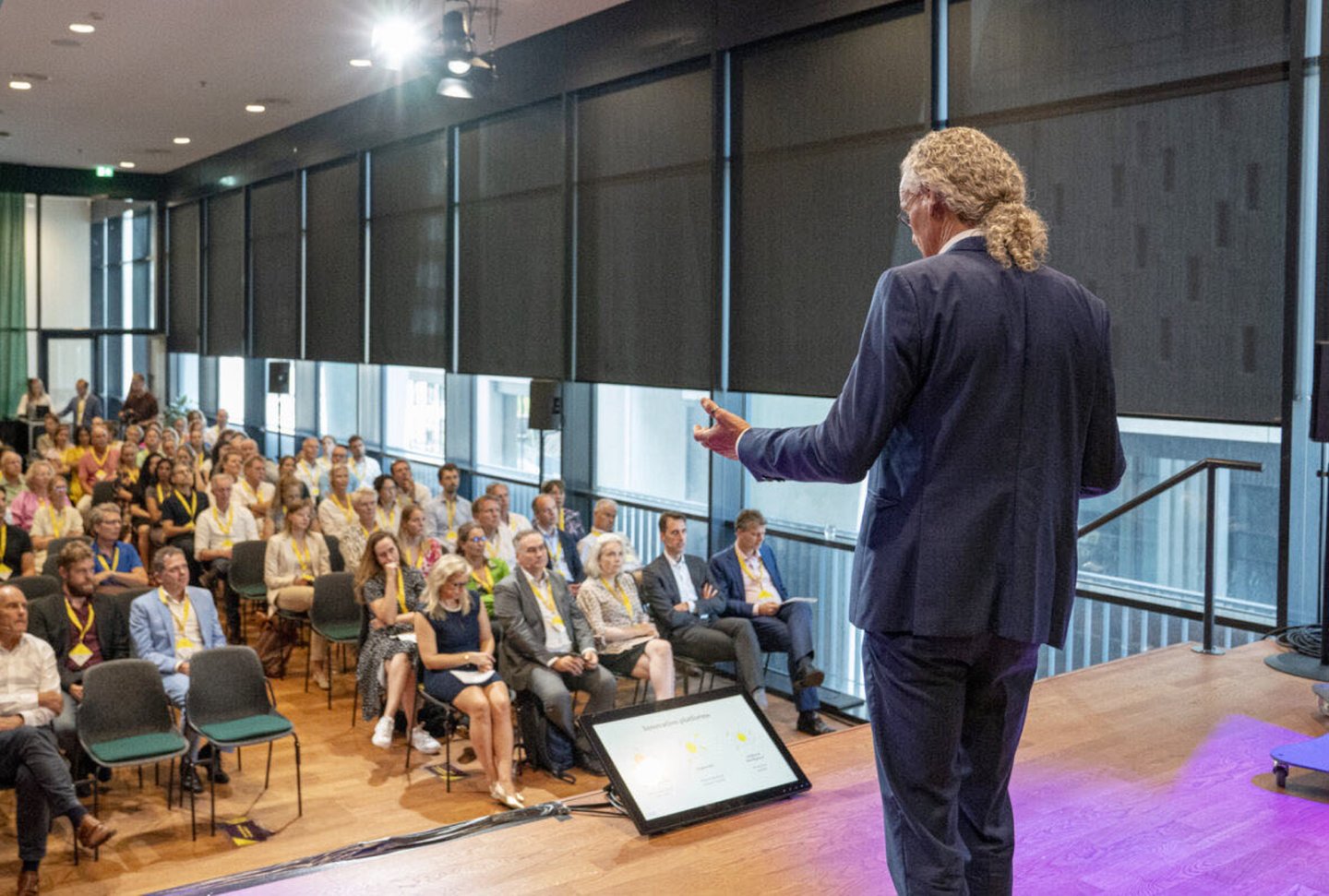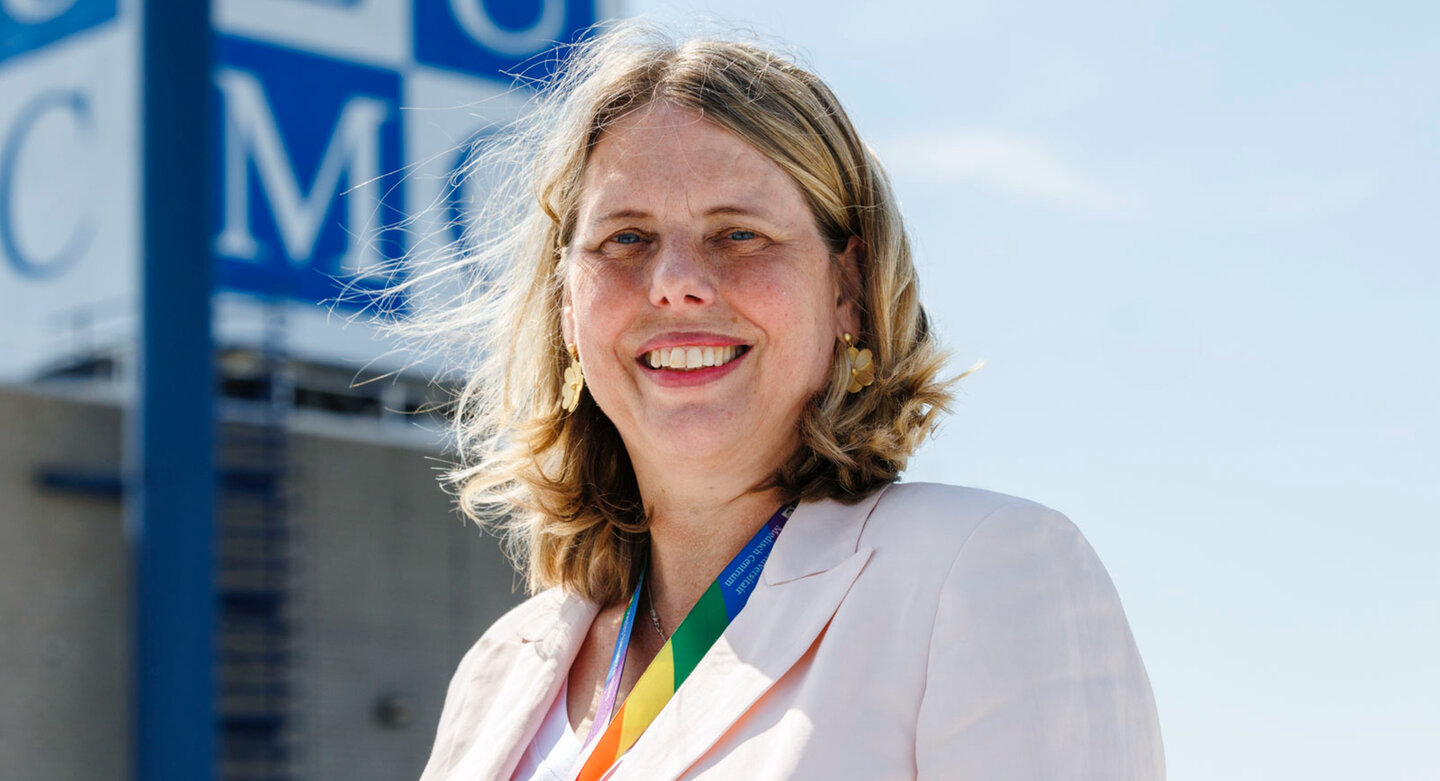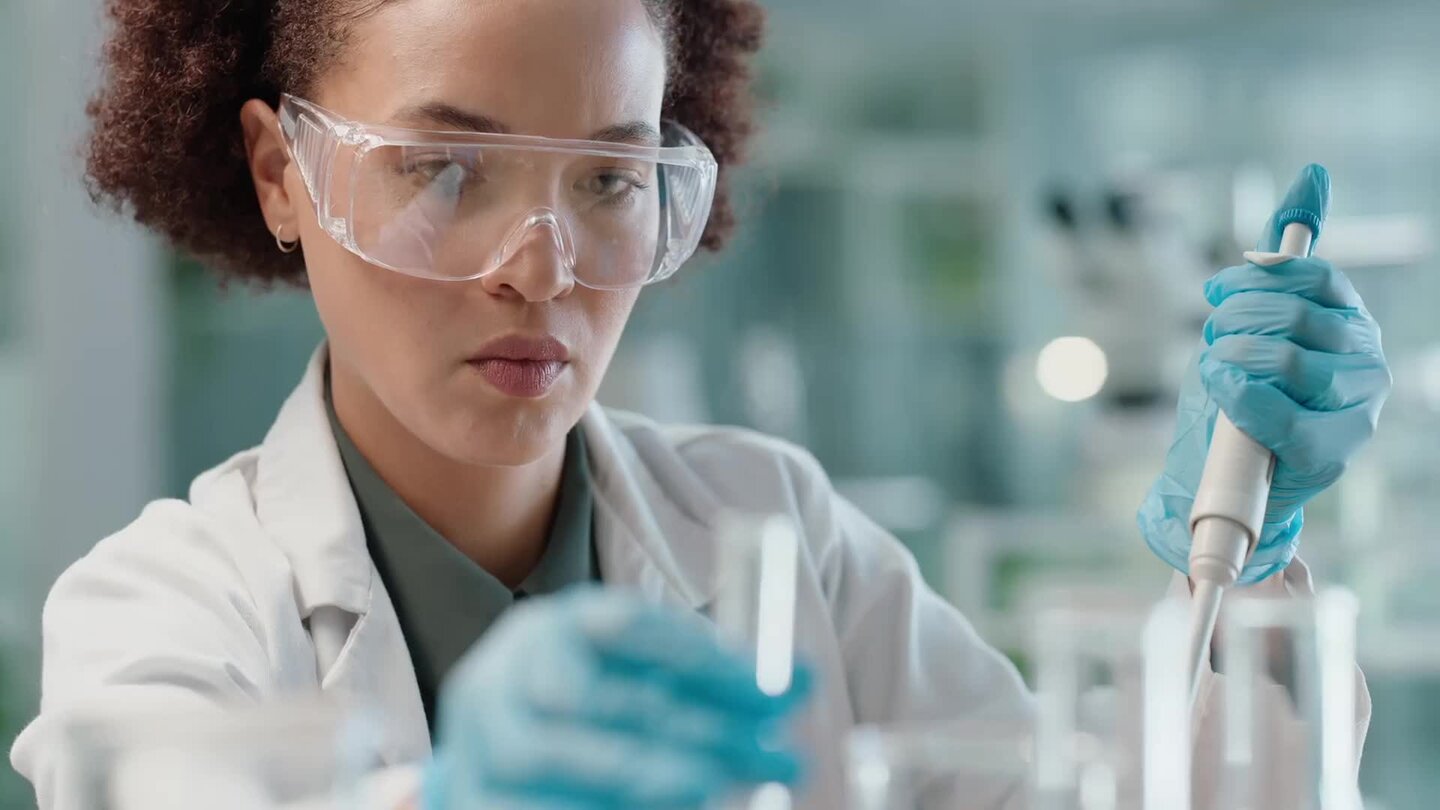As a nephrologist and transplant immunology researcher, many of the transplant recipients that Marlies Reinders saw had an enhanced chance of developing cancer. Now, as Dean and Board Member of the Leiden University Medical Center (LUMC) – one of Oncode Accelerator’s coordinating partner institutes – cancer continues to be an important focus area for her. In this editorial, Prof. Dr. Reinders shares her vision for an interconnected cancer ecosystem that can deliver better, more personalized cancer therapies to patients, faster.

When I consider the phrase, From Innovation to Impact – the theme of this edition of the Oncode Accelerator Digital Magazine – I immediately think of patients. After all, it is for our patients that we must innovate the drug discovery and development process.
From the perspective of the LUMC, cancer is one of our ten core research themes, and many of our research groups are actively working within it. Within our role as a coordinating partner of the Oncode Accelerator, we are working with other institutes and companies towards a shared vision: a world where cancer patients can access personalized treatments developed by innovative and integrated R&D ecosystems. This goes for diverse cancer patients of all ages, as underlined in this edition’s Dual Interview and Patient's Perspective features, in which we focus in on pediatric, adolescent, and young adult cancers.
To be able to deliver better cancer therapies, collaboration will be essential. We will need to work in large knowledge networks that cover the whole discovery and development pipeline.
Marlies Reinders, Board Member of the Leiden University Medical Center (LUMC)
To be able to deliver better cancer therapies, collaboration will be essential. We will need to work in large knowledge networks that cover the whole discovery and development pipeline. For Oncode Accelerator to be successful, we must collaborate with other knowledge institutes, including universities, universities of applied sciences, and other public and private partners. This ambition does not stop at national boundaries. LUMC and Oncode Accelerator will continue to connect beyond the Netherlands, with institutes, companies, and networks in Europe and beyond to further strengthen our collaborative efforts.
If collaboration is the “who,” infrastructure is the “how.” In its first years of existence, Oncode Accelerator invested heavily in building and extending facilities, platforms, and pipelines that enable researchers to move discoveries forward efficiently. For example, in the Our Innovative Infrastructure feature, Dr. Steffen Brünle, an Assistant Professor at Leiden University working within Oncode Accelerator’s Small Molecules Workstream, explains how a state-of-the-art Glacios cryo-EM microscope recently purchased through Oncode Accelerator is now helping scientists to fast-track their cancer research.
The first, high-potential Demonstrator Projects are now underway – and more are soon to come.
Marlies Reinders, Board Member of the Leiden University Medical Center (LUMC)
Now that Oncode Accelerator has laid the necessary groundwork and begun bridging gaps between key players in oncology, the next step is to start discovering and developing new cancer drugs. This means executing Demonstrator Projects: preclinical drug discovery projects that will both validate the newly implemented infrastructure and bring new therapies closer to patients. As Mark Krul explains in this edition of the digital magazine, the first, high-potential Demonstrator Projects are now underway – and more are soon to come.

Marlies Reinders, Board Member of the Leiden University Medical Center (LUMC)
In summary, my vision of success for Oncode Accelerator has multiple components. Firstly, success will mean developing new therapies and bringing them to patients. But our impact should not only be measured in new drugs. A stronger network spanning the full oncology pipeline, more young scientists inspired and supported in their careers in cancer research, and a research ecosystem that is deeply connected to society are also essential outcomes.
To deliver on our promise, we will need to continue to keep the patient central, connect with society, and bring everybody along with us for a bright future in oncology research. We owe this to our patients.
Click to edit...
